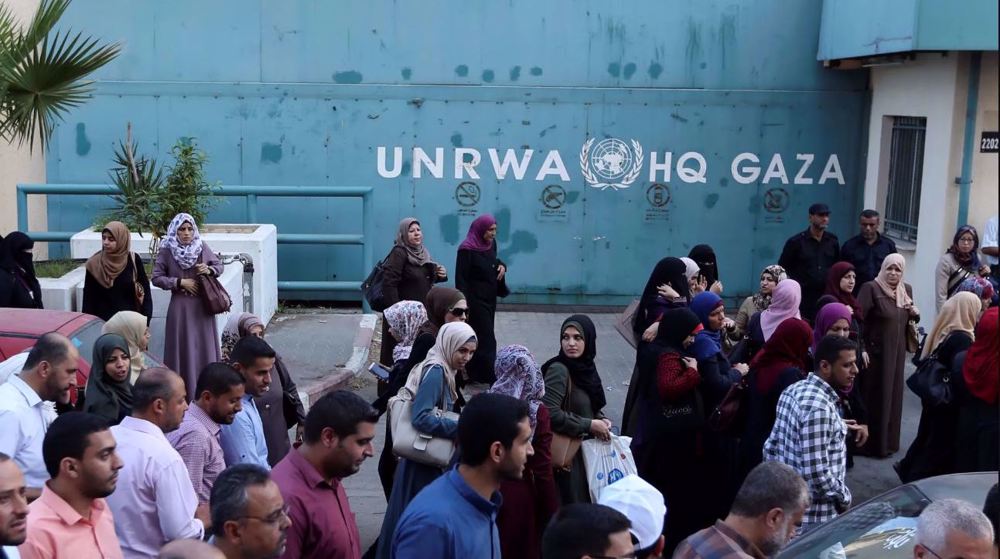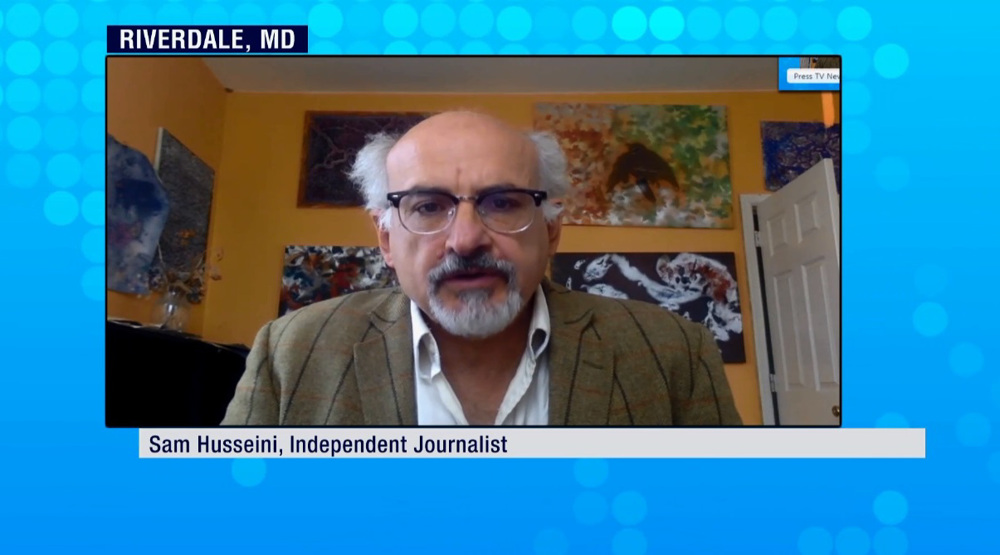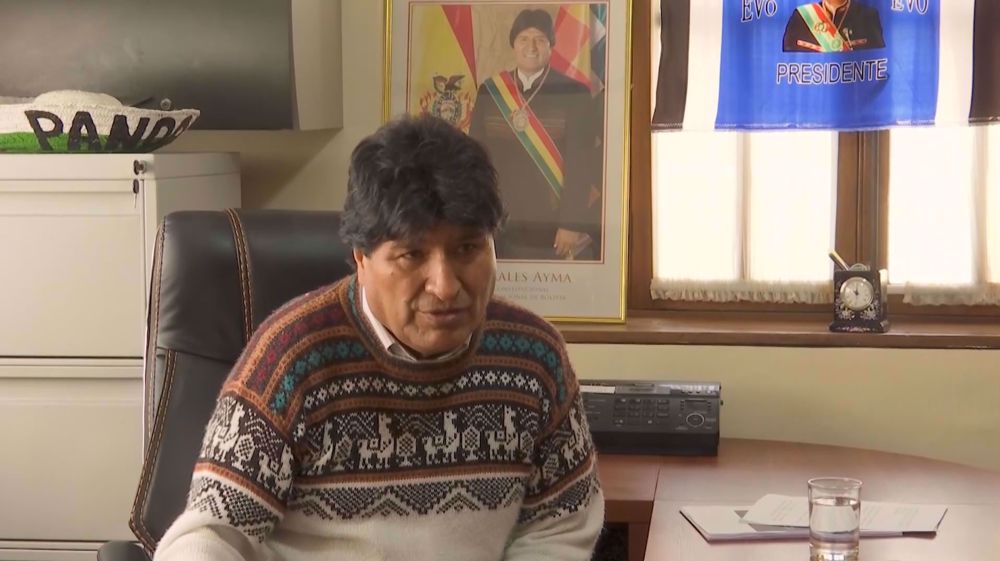US exclusion to help make Syria truce practical: Pundit
Syria has declared a nationwide cessation of hostility starting midnight Thursday, in a bid to promote diplomatic strides aimed at putting an end to years of unrest in the Arab country. The truce does not include the Takfiri Daesh and Fateh al-Sham terror groups. Russia has said that the Syrian government and foreign-backed militant groups have reached a ceasefire deal brokered by Moscow and Ankara. The UN special envoy for Syria, Staffan de Mistura, has welcomed the agreement, describing it as a prelude to the upcoming UN-backed negotiations in Astana, capital of Kazakhstan.
James Jatras, a former US Senate foreign policy analyst from Washington, says the exclusion of the US from the ceasefire talks is going to secure viability of the deal.
“The exclusion of the Obama administration was a necessary precondition for any kind of viable ceasefire to take shape,” Jatras told Press TV’s the “Debate” program on Thursday night.
He touched on earlier peace talks held in Geneva where the US was unable even to explain which militant group is the so-called moderate, "because there has been nothing as moderate groups" in the conflict.
“The exclusion of the Obama administration simply shows not only the bankruptcy of the administration’s policy but frankly how insignificant Obama has made the United States,” he noted.
Jatras said he was amazed by "how irrelevant he (President Obama) is making himself and making the United States in global affairs.”
“The more at least the Obama administration is excluded in its final weeks, the better,” he said.
The analyst said he hoped the upcoming Trump administration "will have enough sense to come in and see which way the wind is blowing and move in that direction.”
Jatras said there is not going to be a transition in Syria despite insistence by the US, Turkey and their allies on regime change in the Arab country.
Turkey has illegally deployed troops into Syria purportedly to fight Kurdish militants, prompting strong condemnation from Damascus.
Syrian President Bashar al-Assad "is going to stay and if Turkey knows what is in its best interest, it will decide to find some way to wrap this thing down,” Jatras said.
Ankara has stepped up its cooperation with Moscow recently, prompting speculation that Turkey might be moving away from the US which is supporting Kurdish militants in Syria.
Jatras said if Turkey really chose to distance itself from the US policy and stopped terrorist groups from travelling to Syria through its borders, "that could lead to something” promising for the future of war on terrorism."
Lawrence J. Korb, the former US assistant secretary of defense from Washington, said the ceasefire is “very significant” because major players in the war have agreed on the deal.
The truce deal, he said, is significant because Turkey and Russia who have differences on the future of the Syrian government have reached to consensus to stop fighting for further negotiations.
According to the analyst, “it is good that the United States is not involved because they (regional players) do not want a Western power in there dictating what is going to happen in the Arab and Muslim world.”
The exclusion of the US from the ceasefire agreement also shows that the United States cannot solve all the world’s problems and needs to deal with direct threats to its security, he added.
Korb said Russia, Iran and Turkey have basically the same objective, which is to stop the fighting between the Syrian government and the militant groups and focus on the Daesh group.
The analyst said some Saudi-sponsored militant groups had also signed up to the ceasefire agreement.
VIDEO | Palestinians inspect rubble of destroyed building in Rafah
Yemeni forces strike US, Israeli vessels in fresh pro-Palestinian operations
‘Say no to Biden’: US college being pressed not to endorse genocide
VIDEO | UN: Alarming food insecurity crisis grips Afghanistan
VIDEO | Stuck in quagmire
UK suspends legal assessments of Israeli violations in Gaza
Students protest at US universities to urge end in financial ties to Israel
Biden signs war aid bill supplying Israel, Ukraine with more weapons















 This makes it easy to access the Press TV website
This makes it easy to access the Press TV website